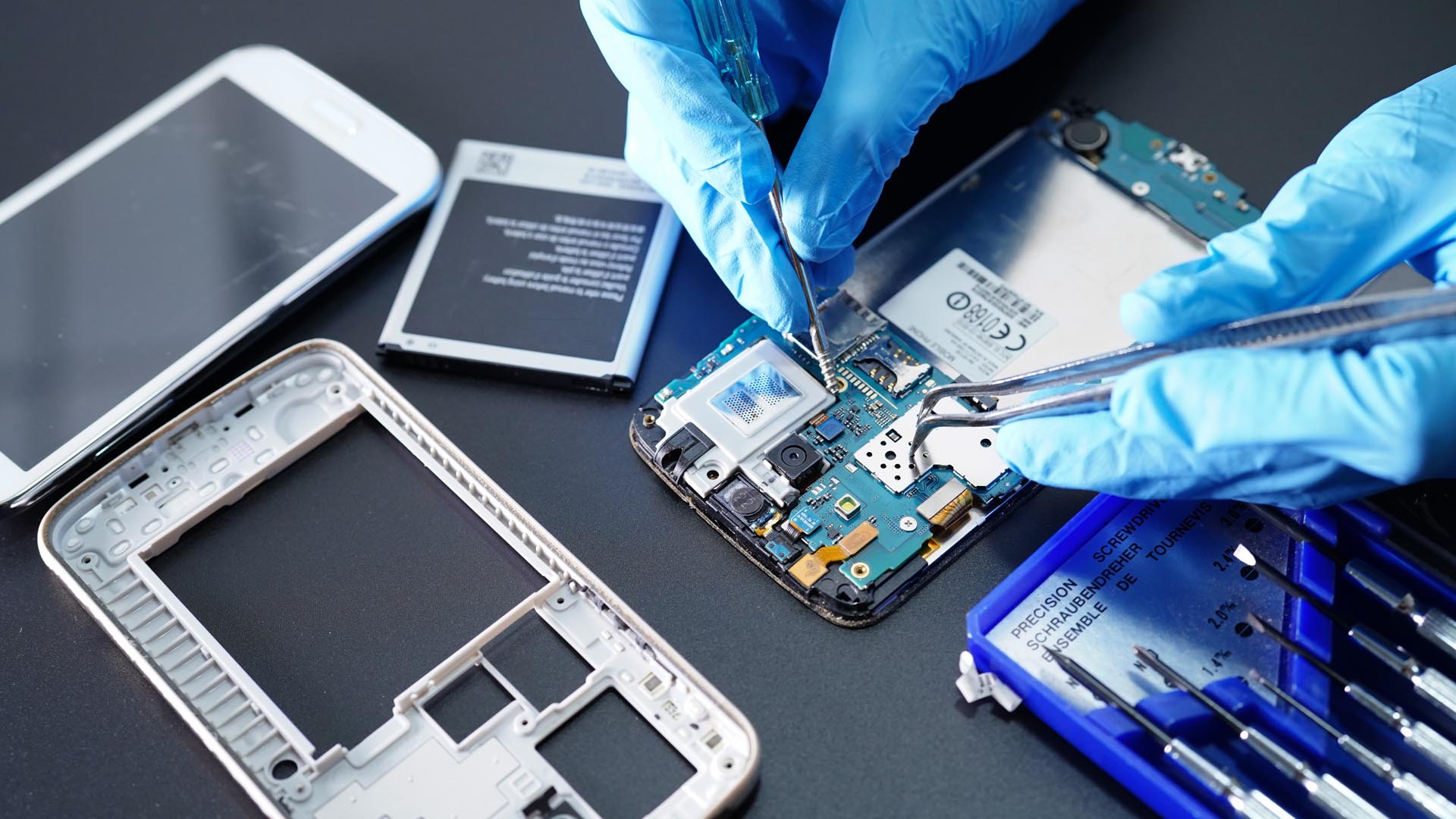
Some ventilator makers are among those companies imposing rules prohibiting anyone but their own technicians from obtaining the tools, parts, and instructions to make repairs. Reynolds couldn’t fix herself, because the manufacturer wouldn’t let her. The country faced a nationwide shortage of the lifesaving machines, which help desperately ill patients breathe.īut there were some that Ms. As a medical equipment technician at Memorial Hospital in Colorado Springs, she was eager to get ventilators in service. Jen Hartmann, John Deere’s director of strategic public relations, said the company has “made an industry commitment along with several ag equipment manufacturers to provide a comprehensive tool kit of service tools available to help end users perform service and maintenance on their machinery.”įor Leticia Reynolds earlier this year, it was a safety issue of a different sort. Violating it could be considered breach of contract, which comes with the risk of a lawsuit.
FIX PHONES SOFTWARE
Tractor manufacturer John Deere is one example, using license agreements with farmers that forbid them from even looking at the software running the tractor.
FIX PHONES CODE
Other companies argue that the computer code that drives the device remains the property of the manufacturer, not the consumer, which further limits the potential for third-party repair. “We believe the safest and most reliable repair is one handled by a trained technician using genuine parts that have been properly engineered and rigorously tested.”Īn Apple spokeswoman this week pointed to the company’s efforts to expand its product repair programs: Last fall, the tech giant announced it will give independent repair businesses the same genuine parts, tools, and diagnostics for iPhone repairs as it gives to Apple-authorized service providers. “When a repair is needed, a customer should have confidence the repair is done right,” Jeff Williams, Apple’s chief operating officer, said in a release last year. Apple, for instance, limits consumers from repairing their devices by requiring specific tools or authorized parts. Manufacturers argue that their products are repairable, and that they are protecting consumers’ safety, privacy and security by restricting who does the repairs. For a washing machine, it’s about 57 percent. Mining and manufacturing materials for the newest iPhone, for example, represents roughly 83 percent of its contribution to the heat-trapping emissions in the atmosphere throughout its life cycle, according to Apple’s manufacturing data. Manufacturing a new device or appliance is still largely reliant on polluting sources of energy - electricity generated from burning fossil fuels, for instance - and constitutes the largest environmental impact for most products. That contributes to wasted natural resources and energy use at a time when climate change requires movement in the opposite direction to rein in planet-warming emissions. They also argue that it’s part of a culture of planned obsolescence - the idea that products are designed to be short-lived in order to encourage people to buy more stuff. They argue that the rules restrict people’s use of devices that they own and encourage a throwaway culture by making repairs too difficult. The goal of right-to-repair rules, advocates say, is to require companies to make their parts, tools and information available to consumers and repair shops in order to keep devices from ending up in the scrap heap. And in a letter to the Federal Trade Commission, Marine Captain Elle Ekman and former Marine Lucas Kunce last year detailed how mechanics in the American armed forces have run into similar obstacles.

Over the summer, the House advanced a funding bill that includes a requirement that the FTC complete a report on anticompetitive practices in the repair market and present its findings to Congress and the public. And in more than 20 statehouses nationwide, right-to-repair legislation has been introduced in recent years by both Republicans and Democrats.

In less than two weeks, Massachusetts voters will consider a measure that would make it easier for local garages to work on cars.


 0 kommentar(er)
0 kommentar(er)
